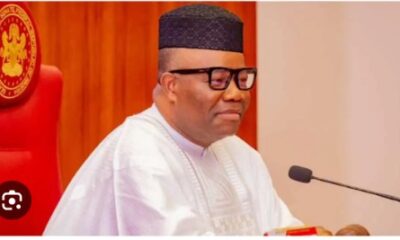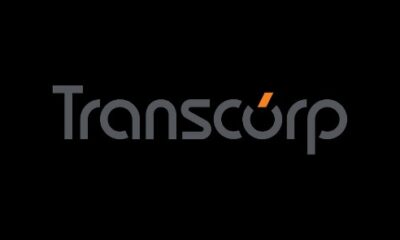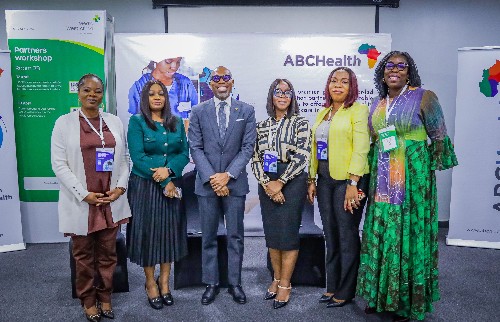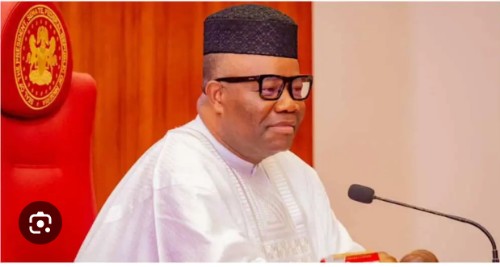Nana Akufo-Addo, president of Ghana, on Thursday presented a draft of the 2023 budget to the parliament.
The draft, presented by the minister of finance, contains the budget statement and economic policy of the government for the year ending December 31, 2023.
The executive, seeking the parliament’s approval, anchored the 2023 budget on a seven-point agenda.
According to Akufo-Addo, the agenda is aimed at restoring macroeconomic stability and accelerating the economic transformation as articulated in the ‘post-COVID-19 program for economic growth (PC-PEG)’ of the country.
He said this will be achieved by “successfully negotiating a strong IMF programme, coordinating an equitable debt operation programme, and attracting significant green investments”.
Below are a few highlights of the proposed budget.
PROPOSED GH¢205.431 MILLION ($1.46 BN) 2023 BUDGET
The 2023 budget’s total expenditure (including clearance of arrears) amounted to GH¢205,431 million — 25.6 percent of its gross domestic product (GDP).
Giving the breakdown, Akudo-Addo said, “compensation of employees is projected at GH¢44,990 million (5.6 percent of GDP), use of goods and services is also projected at GH¢8,048 million (1.0 percent of GDP), interest payment is projected at GH¢52,550 million (6.6 percent of GDP), grants to other government units is estimated at GH¢30,079 million (3.8 percent of GDP).”
He said capital expenditure (CapEx) is projected at GH¢27,694 million (3.5 percent of GDP).
According to Akufo-Addo, other expenditure, mainly comprising energy sector levies (ESL) transfers and energy sector payment shortfalls, is estimated at GH¢26,739 million.
“The overall budget balance to be financed is a fiscal deficit of GH¢61,475 million, equivalent to 7.7 percent of GDP. The corresponding primary balance is a deficit of GH¢8,925 million, equivalent to 1.1 percent of GDP,” he added.
VALUE-ADDED TAX INCREASED BY 2.5 PERCENT IN 2023
To meet the goal of aggressively mobilising domestic revenue, the president said there will be an increase in the value-added (VAT) rate by 2.5 percent to directly support roads and the country’s digitalisation agenda.
Currently, the standard VAT rate is 12.5 percent, except for supplies of a wholesaler or retailer of goods, which are taxed at a total flat rate of 3 percent.
With the development, the VAT rate would spike to 15 percent if approved by the parliament.
He also said the implementation of the unified property rate platform (UPRP) would be fast-tracked to improve domestic revenue.
Akufo-Addo added that there would be a review of the e-levy act and more specifically, reduce the headline rate from 1.5 percent to 1 percent of the transaction value as well as removal of the daily threshold.
50 PERCENT CUT IN CONSUMPTION
To boost local productive capacity, Akufo-Addo intends to cut importation by public sector institutions by 50 percent.
He said the Ghana Audit Service and the Internal Audit Agency “will work together to enforce this” and ensure compliance.
Akufo-Addo reiterated his support for the aggressive production of strategic substitutes, adding that large-scale agriculture and agribusiness interventions through the Development Bank Ghana and ADB Bank will be implemented.
Also, newly formed domestic industries will be allowed produce goods locally and encourage competition and exports, he said.
To promote exports, the country intends to expand production capacity and actively encourage the consumption of locally produced rice, poultry, vegetable oil and fruit juices, and ceramic tiles among others.
In fulfilling this, the Bank of Ghana recently said it will no longer provide foreign currency (FX) support for importers of “non-critical goods”.
STREAMLINED GOVERNMENT EXPENDITURES
Ghana also seeks to reduce specific expenditures by the ministries, departments and agencies (MDAs) as well as other political appointments effective from January 2023.
“All MDAs, metropolitan, municipal and district assemblies (MMDAs) and state-owned enterprises (SOEs) are directed to reduce fuel allocations to political appointees and heads of MDAS, MMDAS and SOEs by 50 percent,” Akufo-Addo said.
“This directive applies to all methods of fuel allocation including coupons, electronic cards, chit systems, and fuel depots. Accordingly, 50 percent of the previous year’s (2022) budget allocation for fuel shall be earmarked for official business pertaining to MDAS, MMDAs and SOES.”
Also, measures on rationalised expenditure include a ban on the use of V8s/V6s or its equivalent except for cross-country travel. All government vehicles would be registered with GV green number plates.
He added that unnecessary travel would not be allowed.
“Limited budgetary allocation for the purchase of vehicles. For the avoidance of doubt, purchase of new vehicles shall be restricted to locally assembled vehicles,” he added.
“Only essential official foreign travel across government including SOES shall be allowed. No official foreign travel shall be allowed for board members. Accordingly, all government institutions should submit a travel plan for the year 2023 by mid-December of all expected travels to the chief of staff.”
EXTERNAL TRAINING AND WORKSHOP ON HOLD
In addition, Akufo-Addo said as much as possible, meetings and workshops should be done within the official environment or government facilities.
“Government-sponsored external training and staff development activities at the office of the president, ministries and SOEs must be put on hold for the 2023 financial year; reduction of expenditure on appointments including salary freezes together with suspension of certain allowances like housing, utilities and clothing, etc,” he said.
“A freeze on new tax waivers for foreign companies and review of tax exemptions for the free zone, mining, oil and gas companies.
“No new government agencies shall be established in 2023.”
He also said there would be no hampers for 2022, adding that there should be no printing of diaries, notepads, calendars and other promotional merchandise by MDAS, MMDAS and SOES for 2024.
He, therefore, added that all non-critical projects must be suspended for 2023.
Credit: TheCable
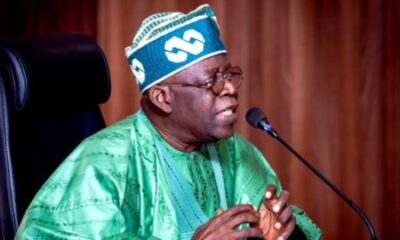
 BIG STORY1 day ago
BIG STORY1 day ago
 BIG STORY2 days ago
BIG STORY2 days ago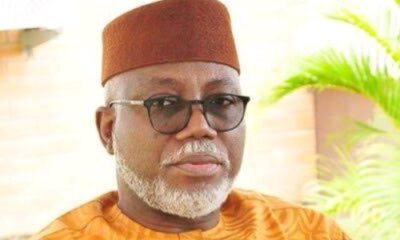
 BIG STORY4 days ago
BIG STORY4 days ago
 BIG STORY13 hours ago
BIG STORY13 hours ago
 BIG STORY3 days ago
BIG STORY3 days ago
 BIG STORY2 days ago
BIG STORY2 days ago
 BIG STORY4 days ago
BIG STORY4 days ago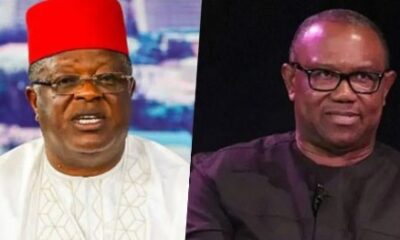
 BIG STORY1 day ago
BIG STORY1 day ago








